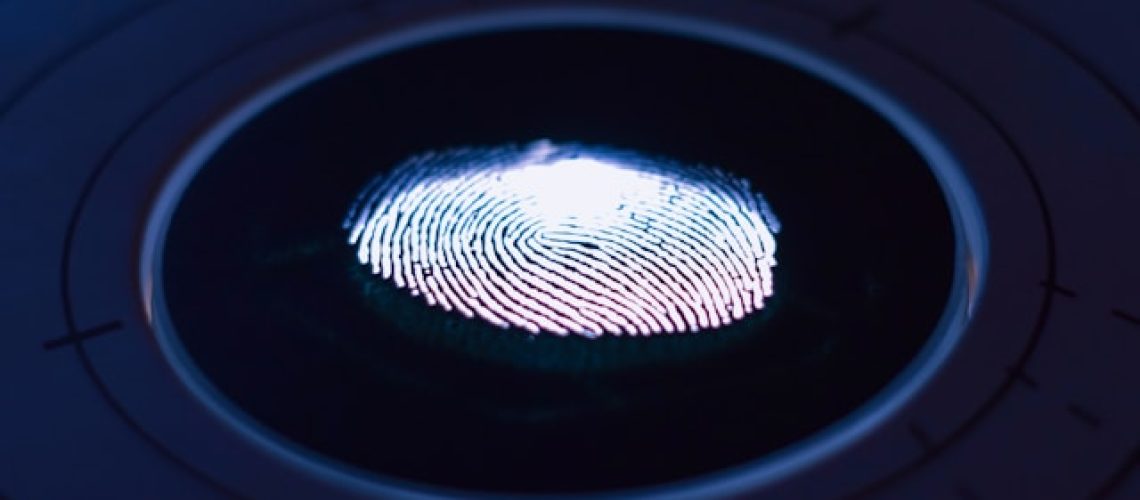The landscape of cyberthreats is everchanging. This makes it difficult, both for companies and cybersecurity operators, to keep up with constantly evolving dangers.
It begs the question: are certain security protocols now obsolete?
For a while now, many experts have proclaimed that passwords are now a thing of the past. But how true is this? And what can they be replaced with?
Passwords: The Weakest Link
It’s no secret passwords are the weakest point in any cybersecurity strategy. Even long and complex passwords (8-16 characters, lower and upper case, etc.) can be used against us, which is why professionals advise not to rely on passwords alone as a cybersecurity measure.
But is it just passwords that are outdated or is the single strategy plan the real flaw?
The answer’s complicated. In a way, all cybersecurity measures fall flat if they’re the only measure by which a company protects its data. Antivirus software, for example, should not be the only measure your company uses.
In this way, passwords are the same. Only using a password to protect everything is risky no matter what you do. But have passwords outgrown their usefulness entirely?
We’d argue that isn’t the case. Passwords are still useful to some extent and should always be used.
Constantly Evolving
The trouble is that passwords are static and can be easily guessed by most hackers who know enough about you. And given how sophisticated they are, they know a lot more about you than you think.
So, the problem with a static measure like passwords is that they’re too slow to adapt to an ever-changing environment. Even if you practise your due diligence and update your passwords every few months, it’s still not enough.
Indeed, according to the NCSC, the UK’s top authority in cybersecurity, changing passwords too often is likelier to lead to a breach than to prevent one.
Constantly updating passwords leads to users forgetting them. Such habits lead to writing them down, which can pose a huge security risk. Overall, it’s better not to update passwords unless you suspect you’ve been hacked/breached.
Why MFA Matters
So, what can we do to make sure passwords don’t put businesses at risk?
The answer is multifactor authentication (MFA). In having multiple steps to access sensitive data (which are much harder to crack), a company can go a long way in protecting itself from a cyber-attack.
1. Multilayered Security:
Think about when you leave your home for the day. You wouldn’t feel safe just locking the door. You might install a burglar alarm or rest easy knowing your rottweiler is waiting for any unsuspecting intruders. The point is that you have multiple layers to your physical security. So, why not do the same digitally? The more layers of cyber-resilience you have, the less likely your business will be exposed to a breach.
2. Unique to Users:
One of the greatest benefits of MFA is how unique it can be to each user. Hackers can’t easily steal your face or thumb prints, for example. Better yet, if you feel uncomfortable with your device knowing what you look like, a unique one-time passcode app is another solution. In having a secondary device to grant you access, you’re drastically reducing the likelihood of sensitive data being stolen.
3. Easier to Be Secure:
Best of all, MFA makes cybersecurity just all that much easier. It might seem a nuisance at first to require a one-time passcode sent to your phone just to log into your work laptop. But you quickly grow used to it and you begin to wonder why you hadn’t implemented MFA sooner. It’s important to note that, like all cybersecurity measures, MFA is not foolproof. Breaches happen even with MFA enforced. But they make them far less likely and give hackers a much harder time at getting their hands on your sensitive information.
In short, passwords alone might be outdated, but they’re still better than having none. Indeed, they work far better with multifactor authentication.
Need Easy MFA? Implement It with bSecured
Feeling overwhelmed with your business’ cybersecurity concerns? Unsure where to start? With bSecured, you can get all the best cybersecurity solutions all in one package.
From dark web monitoring to next-gen antivirus solutions, you can quickly and effectively gain robust IT support from our expert team and secure your sensitive data against the most common cyber threats.
If you want to learn how Bells IT Support can help your business be more secure, visit our contact page to get in touch and learn more by speaking to one of our team.

